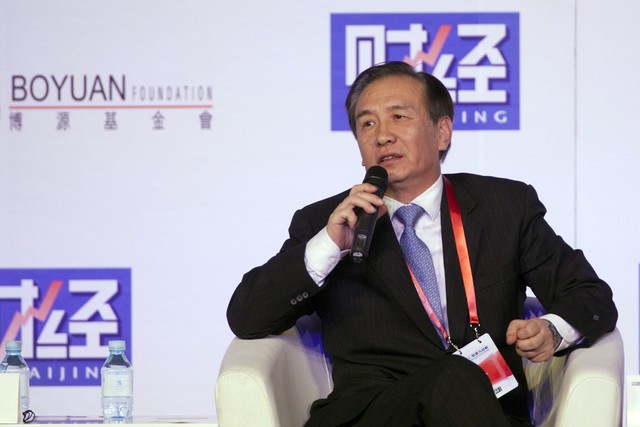A mixed-ownership reform will soon be implemented by the central government in more than seven domestic industries among state-owned enterprises (SOEs).
According to Liu He, deputy head of the National Development and Reform Commission (NDRC), the scheme will be launched in electric power, oil and gas, railways, civil aviation, communications and military industries.
This economic model allows non-state participants such as investors, both foreign and local, to hold shares in a state-owned company.
Premier Li Keqiang said that the government will further "optimize" the country's state-owned economy with better integration of SOEs with the market economy and encouraging different ownership structures.
Based on official guidelines for reforms of the state-owned sector unveiled on Sept. 13, the central government will encourage shareholding diversification to propel mixed-ownership reform.
More opportunities will also be created to encourage SOEs to float on the market in their entirety, as opposed to merely listing individual units of the companies.
Employees at some SOEs will also be allowed to procure shares in their companies.
Zhong Dajun, director of the Beijing Dajun Institute for Economic Observation, noted that the reform is meant to inject new "vigor" by giving more capital to SOEs, which have been mired in corruption scandals and performed unsatisfactorily.
While the public services sector has relatively low market returns, the SOE reform guidelines have split China's SOEs into those that seek commercial interests and those that serve public interests.
Xu Hongcai, an expert at the China Center for International Economic Exchanges, revealed that the reforms will also be conducted in profitable sectors currently dominated by powerful SOEs.



























